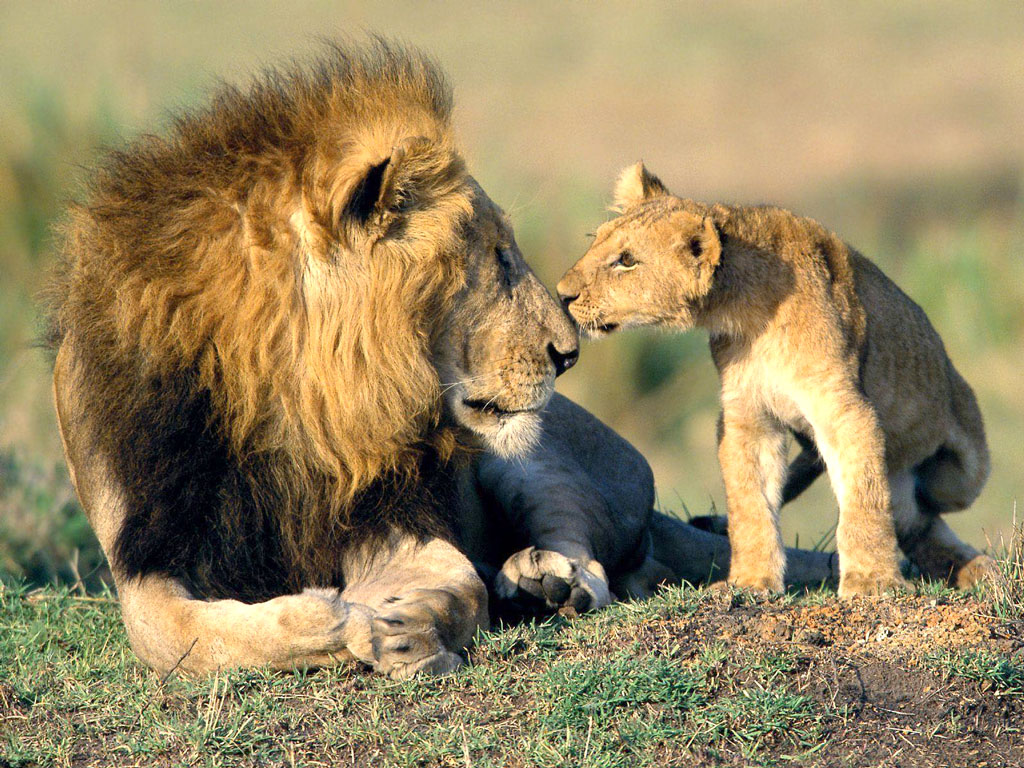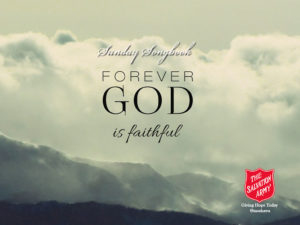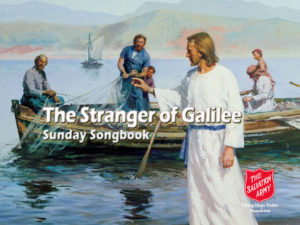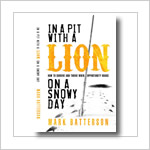 In his book, In A Pit With A Lion on A Snowy Day, Mark Batterson unpacks the confrontation in 2 Samuel 23: 20-23 and I want to acknowledge his inspiration and recommend his writings.
In his book, In A Pit With A Lion on A Snowy Day, Mark Batterson unpacks the confrontation in 2 Samuel 23: 20-23 and I want to acknowledge his inspiration and recommend his writings.
The Chase
While we were in Tanzania, we worked closely with a tribe called the Maasai. Their history is that of a warrior tribe. Initiation rites included isolation from the village, circumcision and proof of manhood.
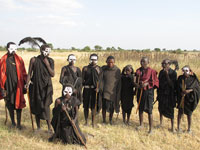 There are rumors that lion killing or chasing the lion into its den is part of the initiation rites, but I have not been able to confirm that. What I can confirm is that Maasai warriors often engage in retaliatory killing of lions when they have attacked their herd. Their herd is considered to be a gift from God and proof of God’s presence on earth. It is their responsibility to care for it and to defend it with their lives.
There are rumors that lion killing or chasing the lion into its den is part of the initiation rites, but I have not been able to confirm that. What I can confirm is that Maasai warriors often engage in retaliatory killing of lions when they have attacked their herd. Their herd is considered to be a gift from God and proof of God’s presence on earth. It is their responsibility to care for it and to defend it with their lives.
Try to put yourself in the sandals of one of those young warriors.
Doctors tell us that when you see danger your body gets you ready for one of two things; fight or flight. The same thing happens to a lion. So the stage is set for confrontation because neither the lion nor the warrior will back down.
Lions can weigh up to 500 pounds, run up to 35 mph and leap 30 feet in a single bound. You would think that the young warrior doesn’t stand a chance—but he has trained well.
Just Where He Needs Me
Encounters with lions are a reminder for Christians that God is in the business of carefully and deliberately placing his people―just where he needs them. But it’s been my experience that the right place often seems like the wrong place, and the right time often seems like the wrong time, especially if it puts you in the path of a lion.
In 2 Samuel 23:23, “David put (Benaiah) in charge of his bodyguard.” I can think of many places I would rather be than in a pit with a lion. But I have to admit, being able to say, “I killed a lion in a pit” looks very good on your resumé if you’re applying for a bodyguard position; just as “I killed a lion” looks very good on a young Maasai warrior’s reputation in the village. David must have considered other people but someone who could kill a lion is the kind of person you want as a bodyguard.
 As I look back over my life I realize now that the greatest opportunities were also the scariest lions. Part of me wanted to play it safe; especially after we left Jamaica in 1990. Lynette had a serious breakdown there after living in a pretty rough area of Kingston for four years and we had decided, never again! But we’ve learned that taking no risks is the greatest risk of all. We’ve been on a great adventure with God and I am so grateful we said “yes” each time the phone rang and we were asked to go somewhere for God and the Army.
As I look back over my life I realize now that the greatest opportunities were also the scariest lions. Part of me wanted to play it safe; especially after we left Jamaica in 1990. Lynette had a serious breakdown there after living in a pretty rough area of Kingston for four years and we had decided, never again! But we’ve learned that taking no risks is the greatest risk of all. We’ve been on a great adventure with God and I am so grateful we said “yes” each time the phone rang and we were asked to go somewhere for God and the Army.
We are called to chase lions. Lion chasers don’t let their fears or doubts keep them from doing what God has called them to do. They don’t omit risk and risky callings from their lives.
Spiritual maturity is seeing and seizing God-ordained opportunities. Think of every opportunity as God’s gift to us.
The reality is that nothing is too difficult for God. Share on X
Fight or Flight?
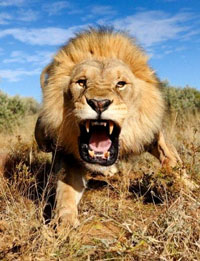 What are you going to do when the lion of opportunity crosses your path? Will you run away or grab it by the mane?
What are you going to do when the lion of opportunity crosses your path? Will you run away or grab it by the mane?
Benaiah went on to have a brilliant military career. In fact, he climbed all the way to the top of the chain of command to become commander-in-chief of Israel’s army. But it all started with what many would consider being in the wrong place at the wrong time. His success can be traced all the way back to a life-or-death encounter with a man-eating lion. It was fight or flight. Benaiah was faced with a choice that would determine his destiny: run away or give chase.
I doubt that any of us will end up in a pit with a lion. Yet I can’t think of a better way to describe what happens in someone’s life every day. I imagine you’ve encountered some lions and fallen into some pits. Maybe God’s given you a calling that scares you so much you just want to run away.
Think of Benaiah in the pit with the lion. He didn’t focus on his disadvantages. He didn’t make excuses. He didn’t try to avoid situations where the odds were against him. Lion chasers know that God is bigger and more powerful than any problem they face in this world. They know that impossible odds set the stage for amazing miracles. That’s how God reveals his glory. That’s how he blesses you in ways you never could have imagined.
Lion chasers know that their God is bigger than they can even imagine.
The reality is that nothing is too difficult for God
The reality is that nothing is too difficult for God. Share on XPersonal Reflection
How big is your God? Is He big enough to do anything, or are there limits in your mind to what God can do? The greatest victories in your life will happen when you push fear aside and choose to trust God.
No adversity equals no opportunity. Benaiah could not have proven his ability to lead Israel’s Army without the very adverse conditions he had to face and conquer.
What lion is God calling you to chase? What lion is God calling you to chase? Share on X A bad habit, a sacrificial calling, discouragement, despair? I believe God created us to chase lions, not to run away and cower when they attack. I believe God created us to chase lions, not to run away and cower when they attack. Share on X
Remember, the lion of opportunity has no tail. You either grab it by the mane as it goes by or it becomes a missed opportunity.
